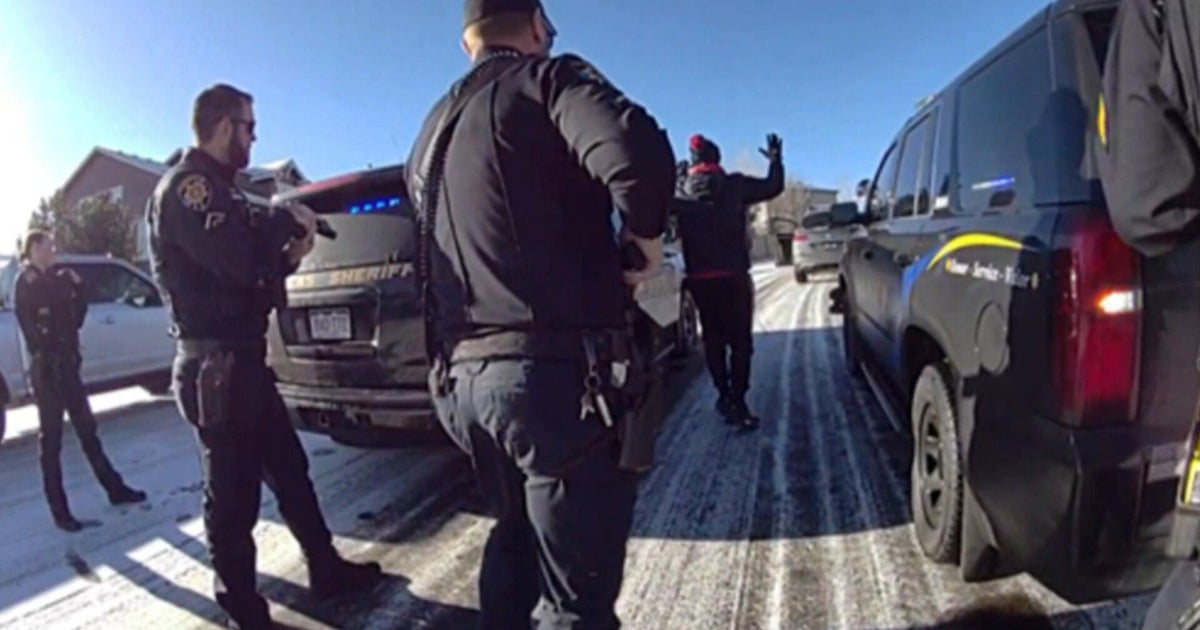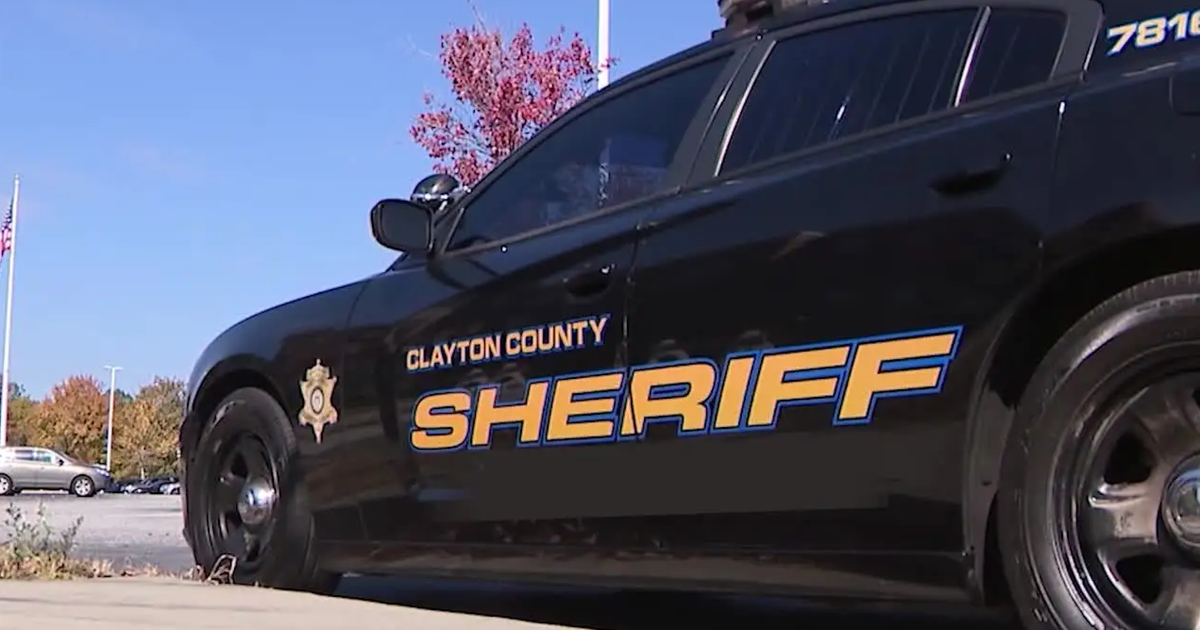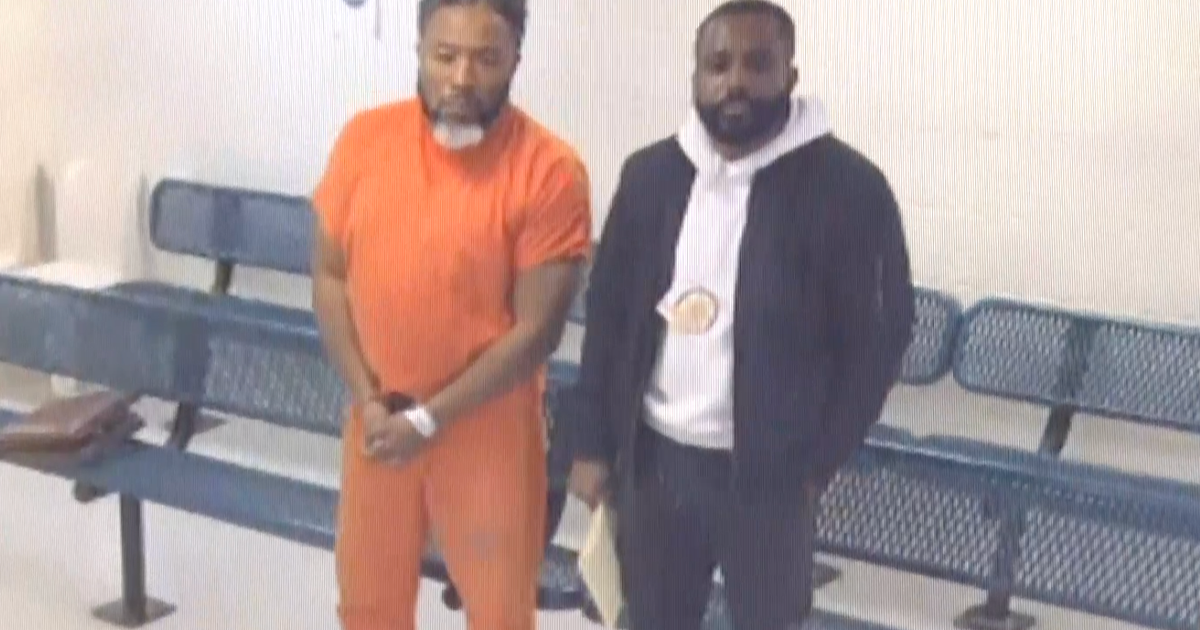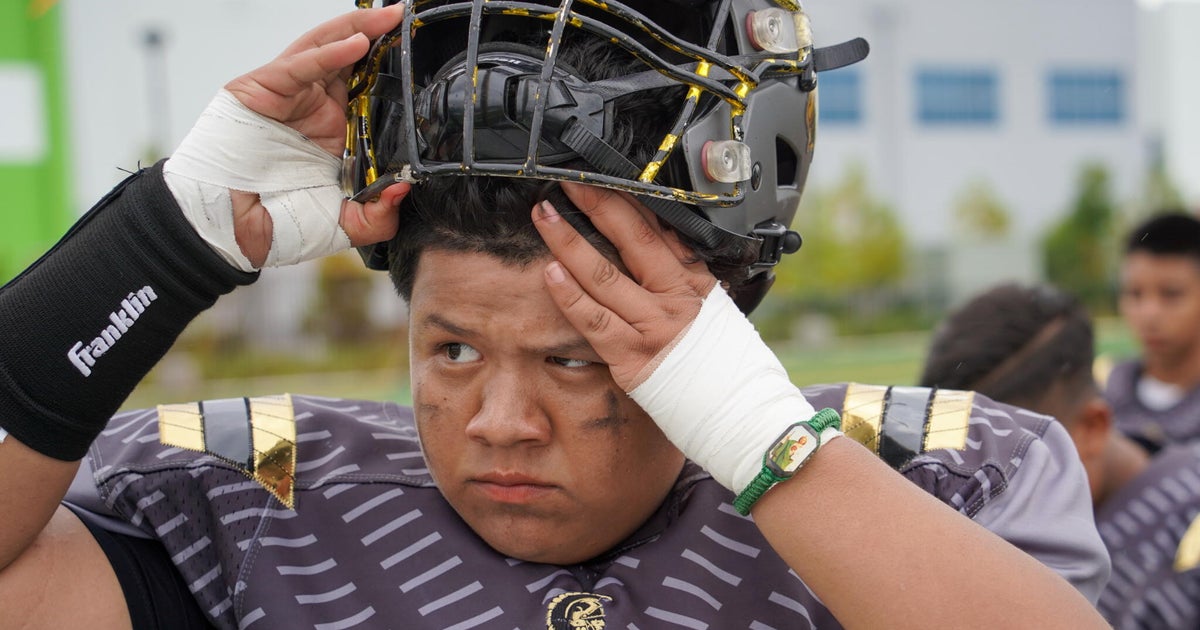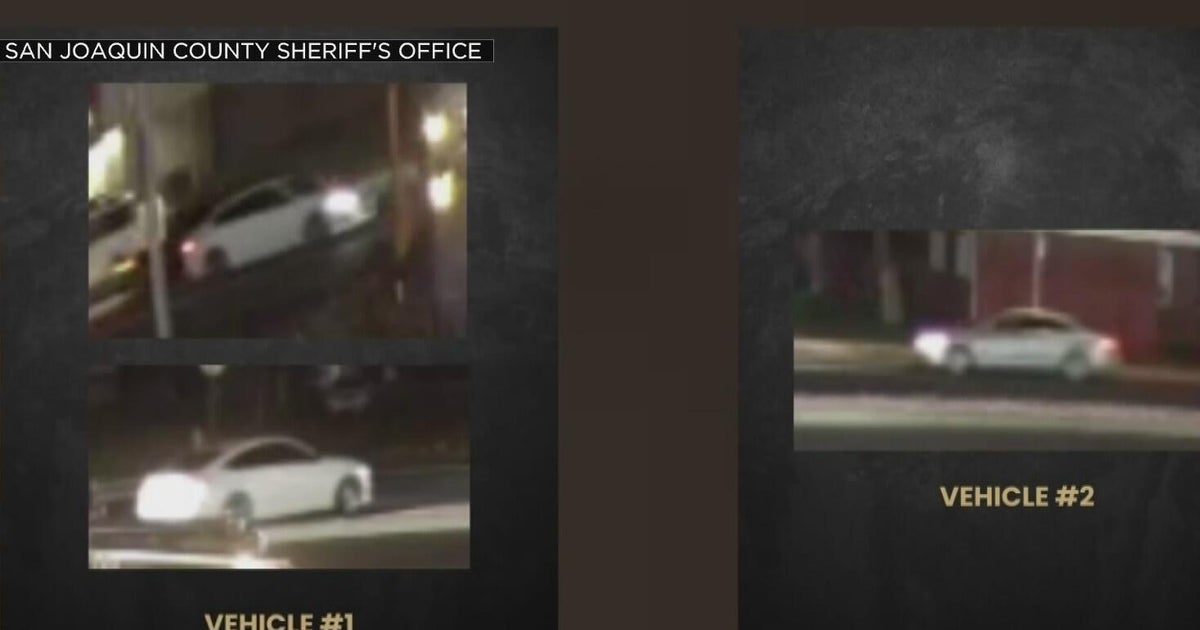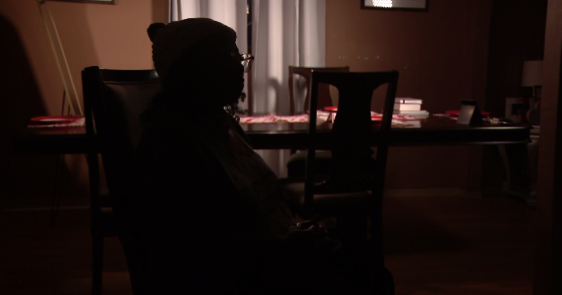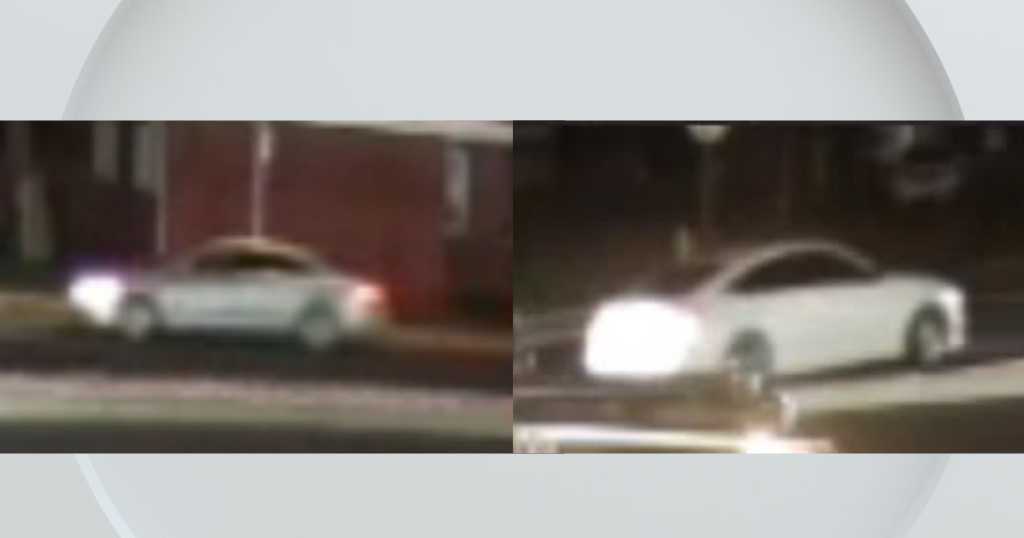Florida sheriff posts arrest video of 2 teens accused of making school threat
Communities around the country are being battered by a wave of school shooting threats, sparking emergency notifications, urgent group chats and heightened fears among parents that their child's school could be the next Parkland or Sandy Hook or Uvalde — or any other town hit by mass shootings.
Volusia County Sheriff Mike Chitwood said he got some of these same notifications after he walked his grandchildren to school this week.
"It just stuck with me because my cell phone was going off telling me about the other threats. Thinking to myself, how many parents in this country have done just what I just did," Chitwood said, "and they never, ever, ever get to hold their loved one again."
Fed up with school shooting threats in his community, Chitwood pledged to publicly identify students accused of making such threats.
On Monday, he posted the name and mugshot of an 11-year-old boy arrested for allegedly threatening to carry out a shooting at a middle school in his county. The decision swiftly drew praise and criticism amid the ongoing national debate over what it would take to stem the gun violence plaguing the nation. On Wednesday evening he released another video online showing two more young people, identified as 16 and 17-year-olds, in handcuffs and being led to jail over what he called another school threat.
The initial video posted by Chitwood online showed what an arrest report described as "various airsoft style rifles and pistols, magazines, fake ammunition ... and several knives and swords" that investigators say the 11-year-old boy gathered. The footage later cuts to an officer leading the handcuffed boy from a squad car before he's locked into an empty cell. The boy's face is frequently visible in the video, which already has gained hundreds of thousands of social media views.
Then on Wednesday, Chitwood was at it again, posting a message online: "Two more students are in custody following a school shooting threat" and adding of the teens, "We will introduce you to these two in the very near future."
Hours later the sheriff posted a Facebook video showing two teens being led in handcuffs from a law enforcement van into separate empty cells. He is heard saying in the post: "Go talk to the families who have lost a loved one in a school shooting. These little knuckleheads think it's funny? Go talk to those parents and see how funny this is."
Chitwood this week told The Associated Press he doesn't know if publicly shaming accused juveniles will be effective. But he had to act to get through to students and their parents.
Since the school year started a few weeks ago in Volusia County, Chitwood said, his office has reported more than 280 school threats compared to 352 in all of last year.
"Something has to be done," Chitwood said. "Where are the parents?"
Under Florida law, juvenile court records are generally confidential and exempt from public release — unless the child is charged with a felony, as in this case.
Chitwood has a reputation of being a tough-talking figure and maintains he is within his rights to identify such young people.
"I'm not worried about the 2% that might get handcuffed that somebody might get offended about," Chitwood said. "I'm worried about the other 98% that are trying to go to school and live their normal lives not in fear to get an education."
Daniel Mears, a criminology professor at Florida State University who researches school shootings, said the sheriff's actions are contrary to the spirit of the juvenile justice system.
"Juvenile records were supposed to be confidential for a reason. The idea was that kids would have a second shot in life," Mears said.
Still, Mears said there have long been exceptions for particularly heinous crimes, noting school threats are treated differently.
"School shootings are just really unbelievably scary and concerning to people," he said.
Among those applauding the sheriff's actions is Max Schachter, whose son Alex was murdered along with 16 others in a 2018 mass shooting at Marjory Stoneman Douglas High School in Parkland, Florida.
"We had a culture of complacency that led to the Parkland school shooting. And we can't be complacent anymore," Schachter told AP. "We should be holding the individuals that perpetrate these threats and become mass shooters to the highest extent of the law. And ultimately we should be holding their parents responsible."
Chitwood has said he's investigating whether parents of kids who make threats can be held financially or criminally liable.
The first parents convicted in a U.S. mass school shooting — Jennifer and James Crumbley — were sentenced in April to at least 10 years in prison as a Michigan judge lamented missed opportunities that could have prevented their teenage son Ethan from possessing a gun and killing four students in 2021. The parents were convicted of involuntary manslaughter earlier in the year.
In Winder, Georgia, prosecutors have filed charges against the father of a 14-year-old boy accused of killing two students and two teachers in a recent high school shooting.
Keri Rodrigues, president of the education advocacy group National Parents Union, said what's needed is gun control — and sufficient psychological support for children in crisis. Surveys show American youth are in the throes of an unprecedented mental health crisis.
"I think parents across the country are struggling with what to do with kids," Rodrigues said. "It's so difficult because we don't have enough social workers. We don't have enough school psychiatrists."
Kathleen Miksits is the mother of two middle schoolers in Volusia County. She believes students and parents need to understand the toll these threats take on their community. Miksits kept her kids home one day this week after students at their school was targeted by a threat.
Still, she struggles with the thought that this 11-year-old boy may never live this down.
"Kids say things that they don't mean. Or they don't understand what they're saying," she said. "But on the other hand, this is an extremely serious matter and we keep having kids die."
